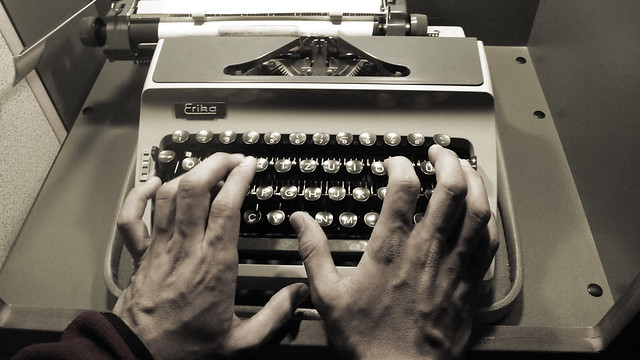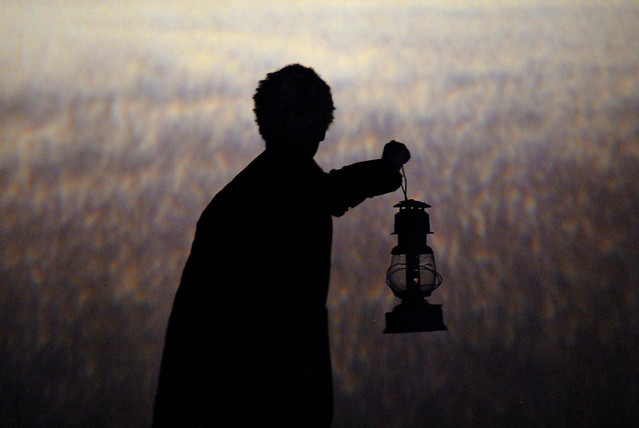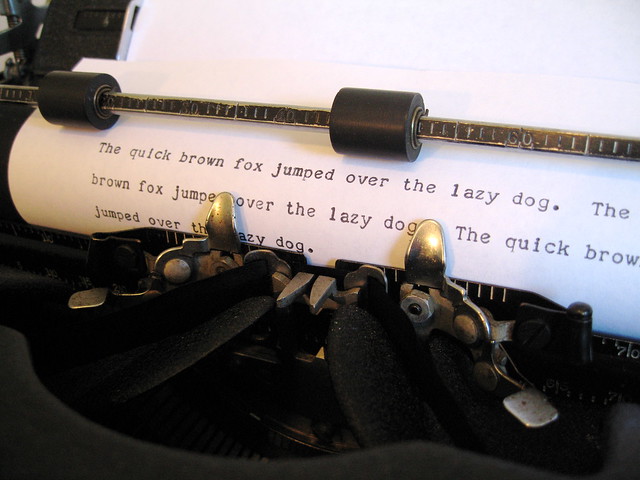 |
| Photo credit: Rampant. Gaffer |
The end of the year is a great time to share things that
made this year special, and in terms of blogging I’d like to share with you
five top five lists that basically sums up my blogging, writing and reading
experience of 2011.
So! Here we go!
Top 5 Most Popular
Posts (on Writability)
As determined by pageviews, these are my most popular posts
of the year:
Top 5 Most Active
Commenters
I actually have a little widget on the side of the blog that
keeps track of my most active commenters on Writability, and these amazing
people are my top five of the year. I’m relatively sure you have to have a
Disqus account in order for the commenting system to keep track of how many
comments you’ve made (so for those of you who comment and don't have a Disqus account, you rock too, so thank you), but nevertheless these five people have consistently
contributed to the community and for that they deserve a little recognition. Thank you!
3. Susan
Sipal
4. Dasia
5. Tina Moss
Top 5 Favorite Blogs
This Year (in no particular order)
This is purely subjective of course, but over the last
twelve months I’ve found these blogs to be incredibly useful, inspirational and
timely. If you haven’t checked them out before, I highly recommend them (and
it’s not a bad idea to stalk them on Twitter, as well).
I think what attracted me to Jeff’s blog is his constant
positivity. His blog is upbeat, inspirational and has some really fantastic
tips with consistently great posts.
I’ve mentioned before why I love Tahereh’s blog so much, but
I think her writing was best described by Lisa Gail Green in the comments not too long ago—honest.
As the Chairman of Thomas Nelson Publishers and a
motivational speaker, it’s not surprising that his posts are insightful and
inspirational. Similar to Jeff Goins’ blog, I really love the constant positive
message in his posts and the fantastic community he’s built there.
Nathan Bransford’s blog has been a source of fantastic
insight for years and this year was no different. Even though he’s no longer an
agent, his take on the publishing industry is insightful and interesting.
Iain Broome’s blog is yet another fantastic resource for
writers. He provides both links to great posts he comes across around the web
and original posts that make you pause and think. A great addition to anyone’s
morning blog read.
Top 5 Favorite Books
I Read This Year (in no particular order)
So I’ll admit I haven’t read a huge amount of books this
year, however that doesn’t diminish how awesome these five books are. I highly
recommend each and every one of them and hope you’ll check them out (links lead
to my reviews).
1. Shatter
Me by Tahereh Mafi
3. Divergent
by Veronica Roth
Top 5 Favorite Posts
I Read (or Watched) This Year (in no particular order)
So I know this technically isn’t a post, per say, but it’s still a fantastic video nonetheless and I’m
sure most of you have seen. But just in case you haven’t seen it, you should definitely watch it. It’s a
fantastically inspirational video for writers.
2. ON
BEING A REAL WRITER by Tahereh Mafi
This post is so beautiful, I don’t even know what to say.
Every time I re-read it, it brings a smile to my face. It’s honest,
inspirational and a prime example of why I love Tahereh’s blog so much.
3. DON’T
BE AFRAID TO WRITE A BAD BOOK by Tahereh Mafi
So maybe it’s cheating to include two posts from the same
blog in my countdown but really guys, I just love the posts that much. And I think her message here
is really important for writers.
4. We
Just Decided to Go by Amanda Hocking
Short post with a great message spurred by a wonderful
quote. A nice inspirational read.
5. Writing
Worksheets and Other Tools by Elizabeth S. Craig
Elizabeth always gives fantastic resources and this is no
different. The worksheets she links to are really fantastic, particularly the
Novel Notebook. Definitely check them out.
So those are my five top five! Hope everyone has a wonderful
new year!
What were your favorite five posts, blogs or books this year?





















